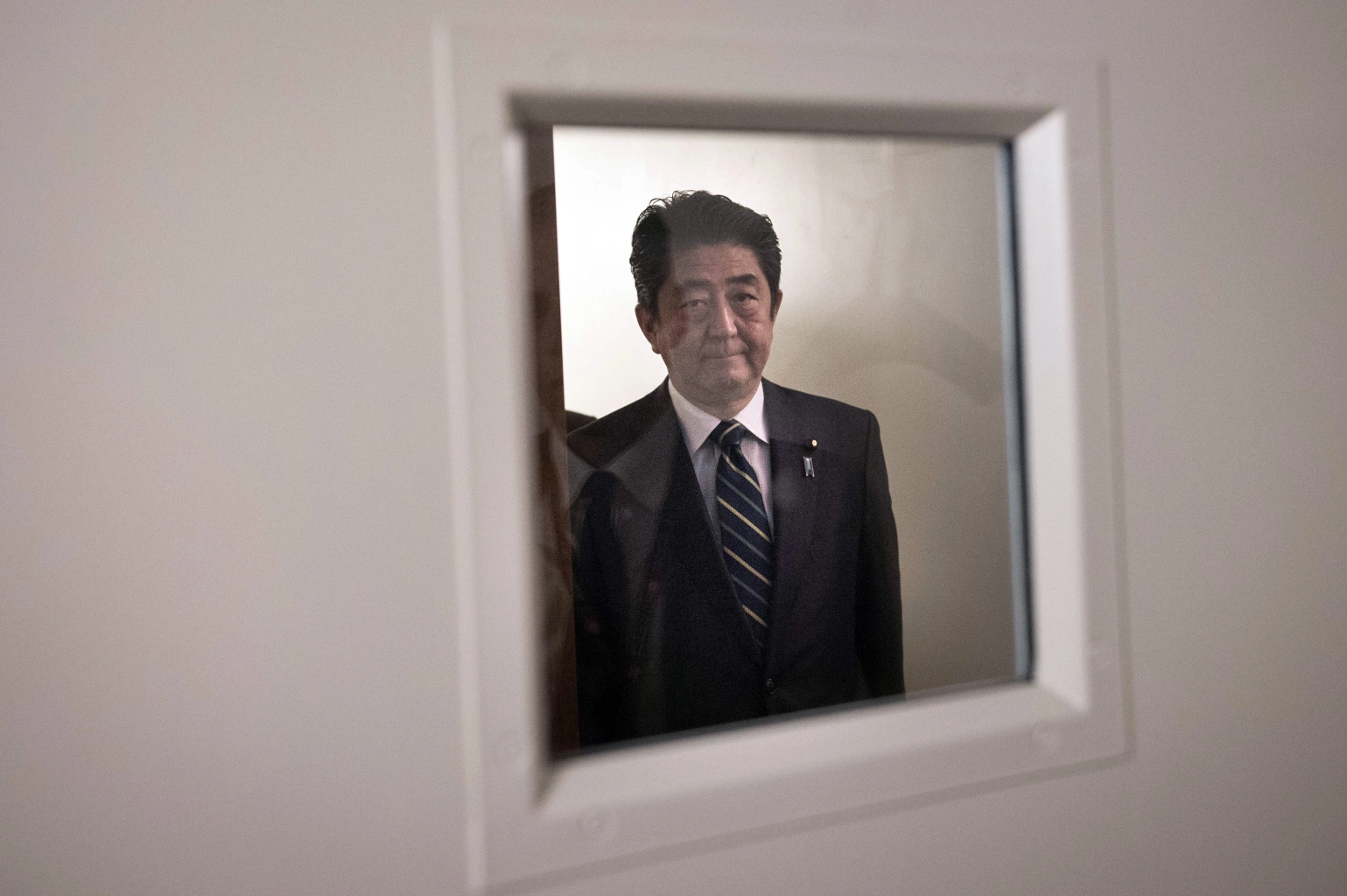Japan’s longest-serving prime minister is perhaps the most revolutionary politician in the history of World War II.
WASHINGTON – In his historic prime minister’s campaign, Shinzo Abe has never achieved his goal of reforming the Japanese Constitution to transform his country into what the Japanese call a “normal nation,” capable of recruiting troops to support the country’s interests. other.
He also did not return Japan’s technological and economic power base to alarming levels in the late 1980s and early 1990s, when Japan was considered China today – as the world’s 2nd economy, possibly, with strategic and strategic planning. be Number 1.
But his assassination in the city of Nara on Friday was a reminder that he was able, however, to perhaps become the most revolutionary politician in the post-World War II history of Japan, as he spoke in derogatory terms to Japanese politicians. the ability to survive.
After failing to resolve past conflicts with Russia and China, he moved the country closer to the United States and most of its Pacific allies (with the exception of South Korea, where old hostility reigned).
He formed Japan’s first national security council and redefined – almost fiat – constitutional limitations which he could not rewrite, so that for the first time Japan was committed to “joint protection” of its allies. He spent more on self-defense than many Japanese politicians thought he was.
“We did not know what we would gain if Abe came to the office with this strong national name,” said Richard Samuels, director of the Center for International Studies at M.I.T. and author of books on Japanese military skills and intelligence. “What we found was a realist who understood the limitations of power in Japan, and who knew that he could not measure China’s growth alone. So you have to design a new system. ”
Mr. Abe was not in office when Russia invaded Ukraine this year. But his influence was still evident when Japan, after 10 weeks of skepticism, announced that it would end the purchase of Russian coal and oil. Mr. He went on to say that it was time for Japan to establish a kind of nuclear deal with the United States — a violation of his country’s long-standing policy on negotiations and even the wisdom of having its own arsenal.
In his efforts to free Japan, which began after its war, the United States Constitution showed that Japan needed its partners more than ever. But the alliances meant that the security bonds went through both. China looked bigger, North Korea kept shooting arrows across the Sea of Japan and Mr. Abe believed he needed to maintain his country’s relations with Washington, even if that meant bringing a gold-plated golf club to Donald J. Trump in the days of Trump Tower. after the election of the president.
Mr. Abe was not killed because of his strong views, which have led to street protests and peace rallies in Japan, at least for the first time. And his assassination did not go back to the “Government on Murder,” an article by Hugh Byas, a New York Times office official in Tokyo in the 1930’s, who gave him a reminder of a time of turmoil.
Mr. Byas recounts the final assassination of the current prime minister or former Japanese prime minister: Tsuyoshi Inukai was assassinated in 1932 as part of a plot by the Imperial Japanese Navy to overthrow the United States nine years before Pearl Harbor.
In the post-war era, political assassinations were rare in Japan: a Socialist leader was assassinated in 1960 with a sword, and the mayor of Nagasaki was shot dead in 2007, although this seemed to be the result of a personal dispute. And the American ambassador to Japan in the 1960’s, Edwin O. Reischauer, was stabbed in the thigh by a 19-year-old Japanese man; Mr. Reischauer survived and returned to his post as Harvard’s leading Japanese political scientist.
Mr Abe’s death now marks the start of a race to become the next leader of a powerful Liberal Democratic Party. And your shock, President Biden said on Friday during a visit to the CIA, will “have a profound effect on the minds of the Japanese people.”
But it will not cause political earthquakes. Mr. They resigned, in part because of poor health, two years ago. And in the ranks of the current world leaders, he could not compare the power of Chinese President Xi Jinping or Russia’s Vladimir V. Putin; Japan’s modest recession in the 1990’s damaged its status as a major power.
But his influence, experts say, will remain intact. “What Abe did was to change the state of national security in Japan,” said Michael J. Green, a former George W. Bush administration who worked closely with Mr. Abe. Mr. Green’s book “Line of Advantage: Grand Strategy of Japan in the Time of Abe Shinzo” states that it was Mr. He was instrumental in pushing Western countries to confront China’s increasingly violent activities in Asia.
“He was appointed prime minister because of the Japanese attitude that they were constantly humiliated by China,” he said. Green. It was Mr. He suppressed the emergence of Quad, a four-nation strategic security alliance – Australia, India, Japan and the United States – which Mr Biden has now accepted.
